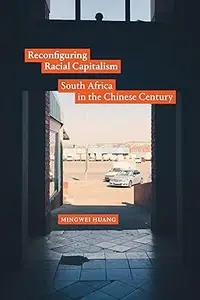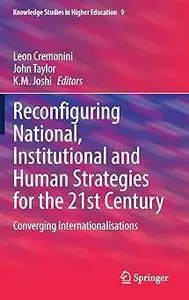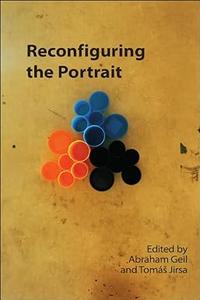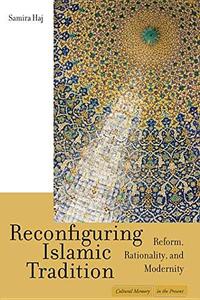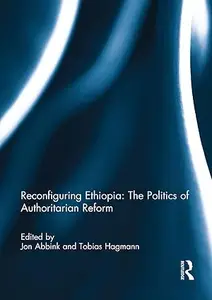 Free Download Jon Abbink, Tobias Hagmann, "Reconfiguring Ethiopia: The Politics of Authoritarian Reform"
Free Download Jon Abbink, Tobias Hagmann, "Reconfiguring Ethiopia: The Politics of Authoritarian Reform"
English | 2013 | ISBN: 1032925825, 0415813875 | EPUB | pages: 238 | 0.6 mb
This book takes stock of political reform in Ethiopia and the transformation of Ethiopian society since the adoption of multi-party politics and ethnic federalism in 1991. Decentralization, attempted democratization via ethno-national representation, and partial economic liberalization have reconfigured Ethiopian society and state in the past two decades. Yet, as the contributors to this volume demonstrate, ‘democracy’ in Ethiopia has not changed the authority structures and the culture of centralist decision-making of the past. The political system is tightly engineered and controlled from top to bottom by the ruling Ethiopian Peoples’ Revolutionary Democratic Front (EPRDF). Navigating between its 1991 announcements to democratise the country and its aversion to power-sharing, the EPRDF has established a de facto one-party state that enjoys considerable international support. This ruling party has embarked upon a technocratic ‘developmental state’ trajectory ostensibly aimed at ‘depoliticizing’ national policy and delegitimizing alternative courses. The contributors analyze the dynamics of authoritarian state-building, political ethnicity, electoral politics and state-society relations that have marked the Ethiopian polity since the downfall of the socialist Derg regime. Chapters on ethnic federalism, ‘revolutionary democracy’, opposition parties, the press, the judiciary, state-religion, and state-foreign donor relations provide the most comprehensive and thought-provoking review of contemporary Ethiopian national politics to date.
(more…)
